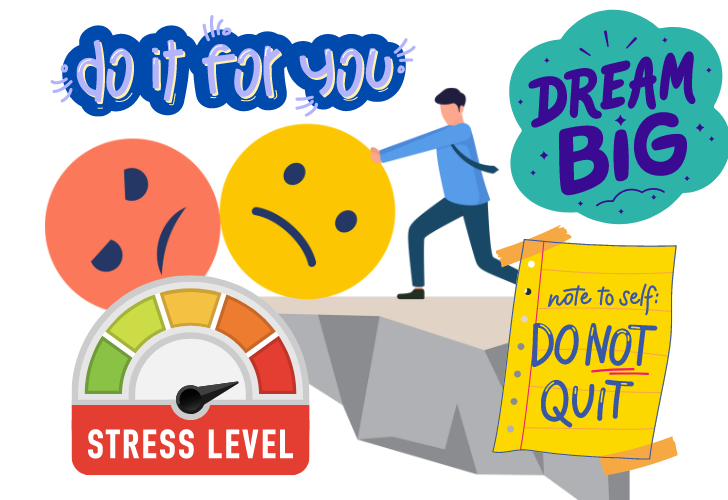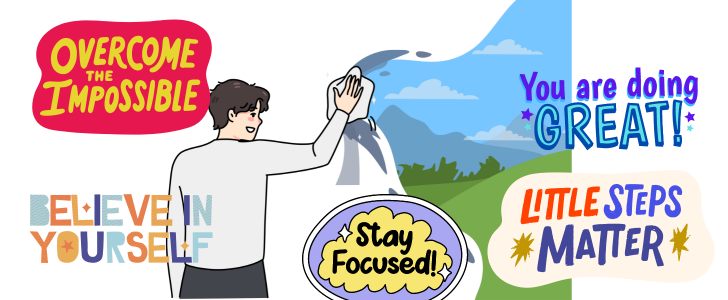
The Science Behind Stress and Anxiety
Discover the science behind stress and anxiety in this easy-to-understand guide! Learn how your body responds to stress, why we experience anxiety, and practical tips to manage these feelings. Uncover the secrets of the fight-or-flight response, the role of hormones like cortisol and adrenaline, and how long-term stress affects your health. Find out how to combat stress and anxiety with simple, effective techniques and why managing them is crucial for your well-being. Ready to take control? Explore Stress Annihilator, your ultimate tool for stress relief. Stay strong and smile—take charge of your stress and anxiety today!





